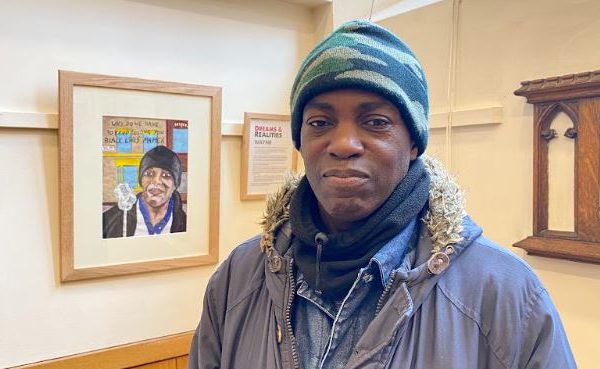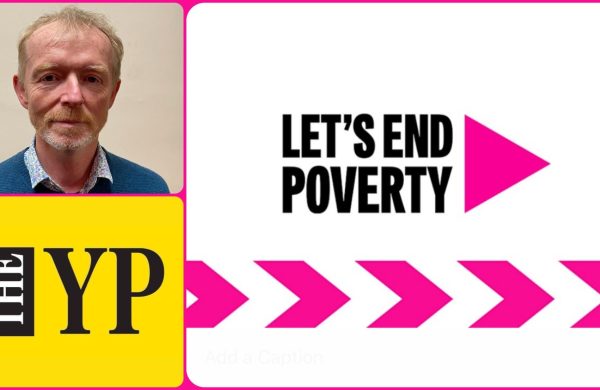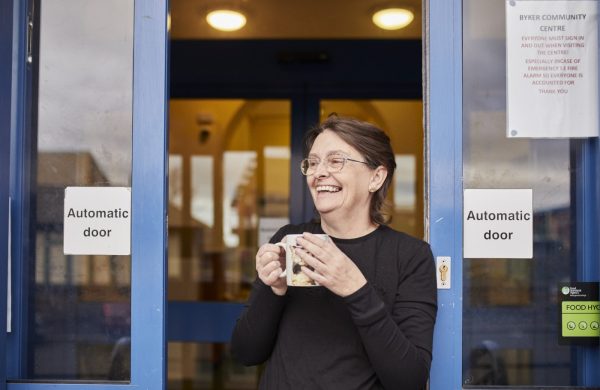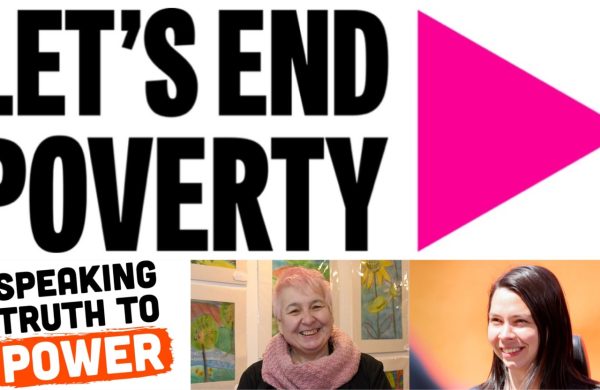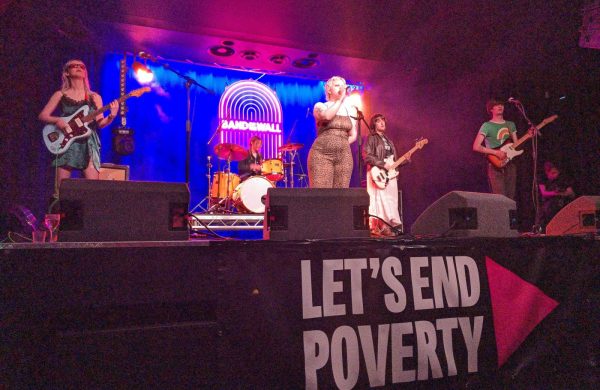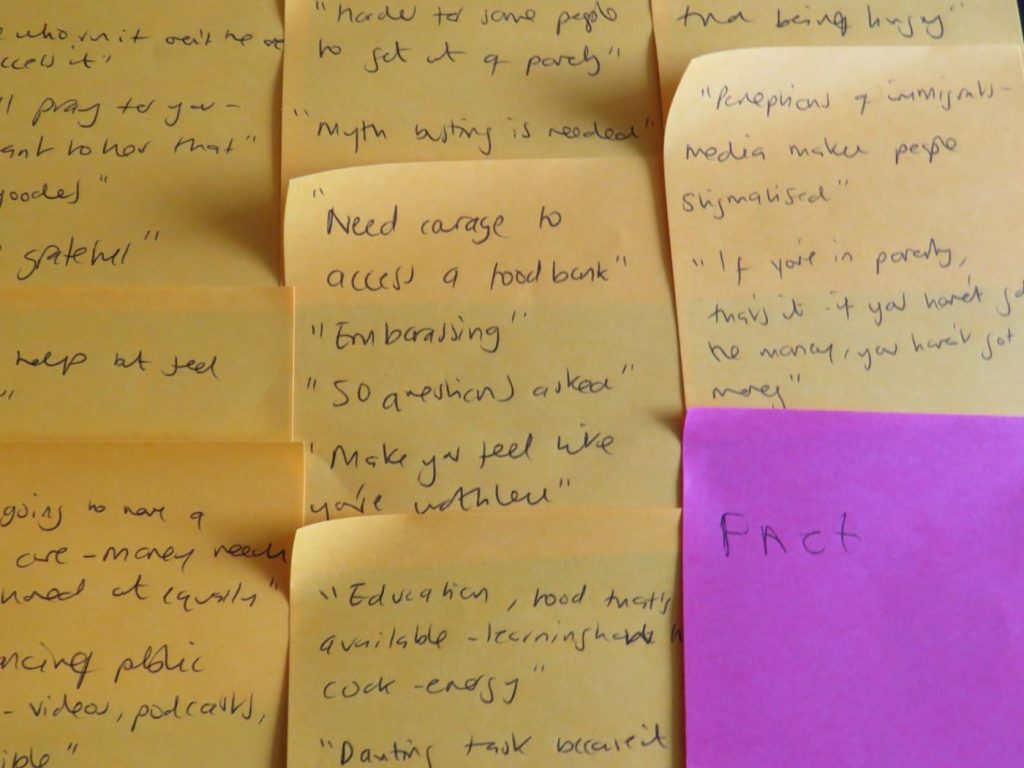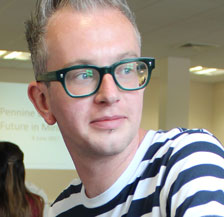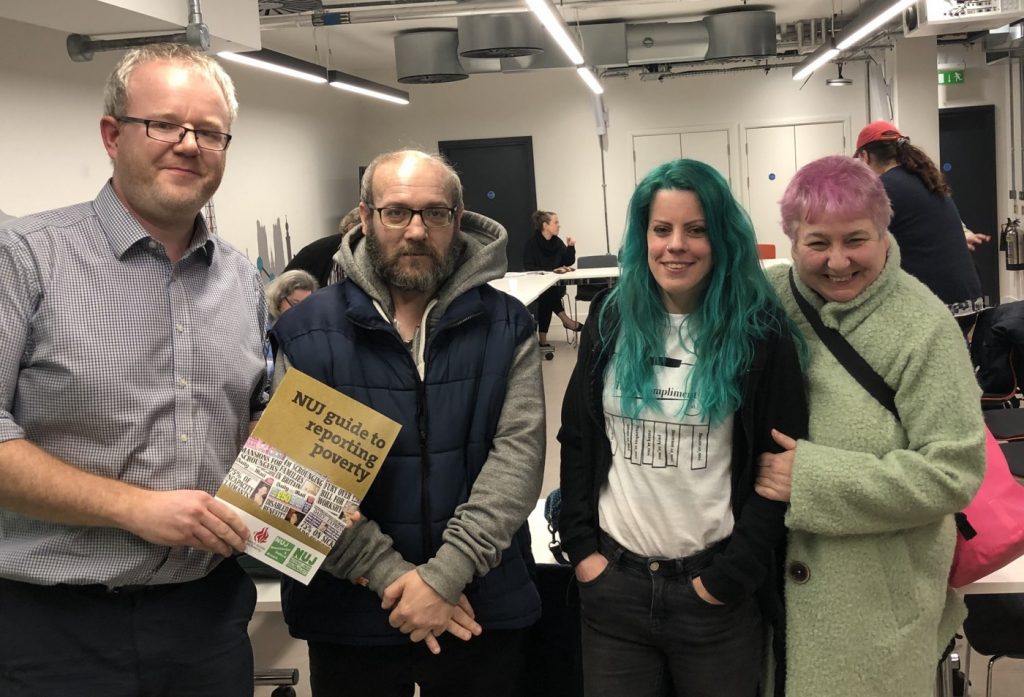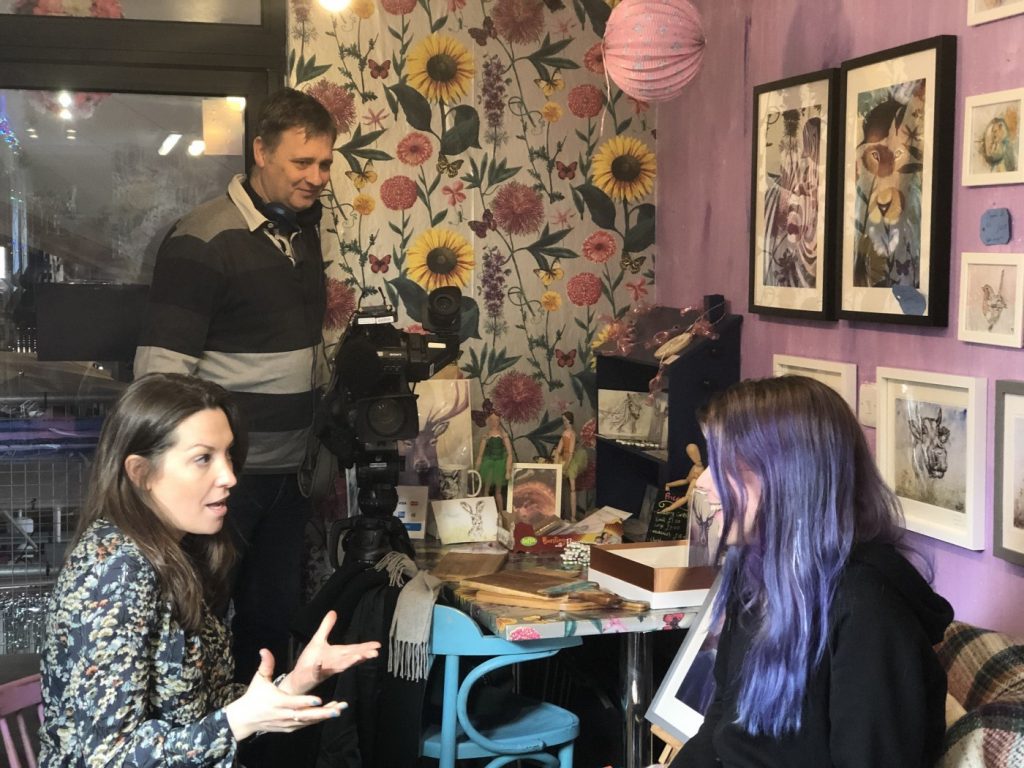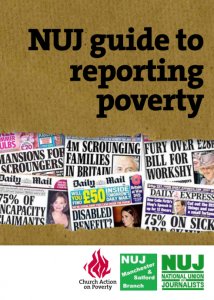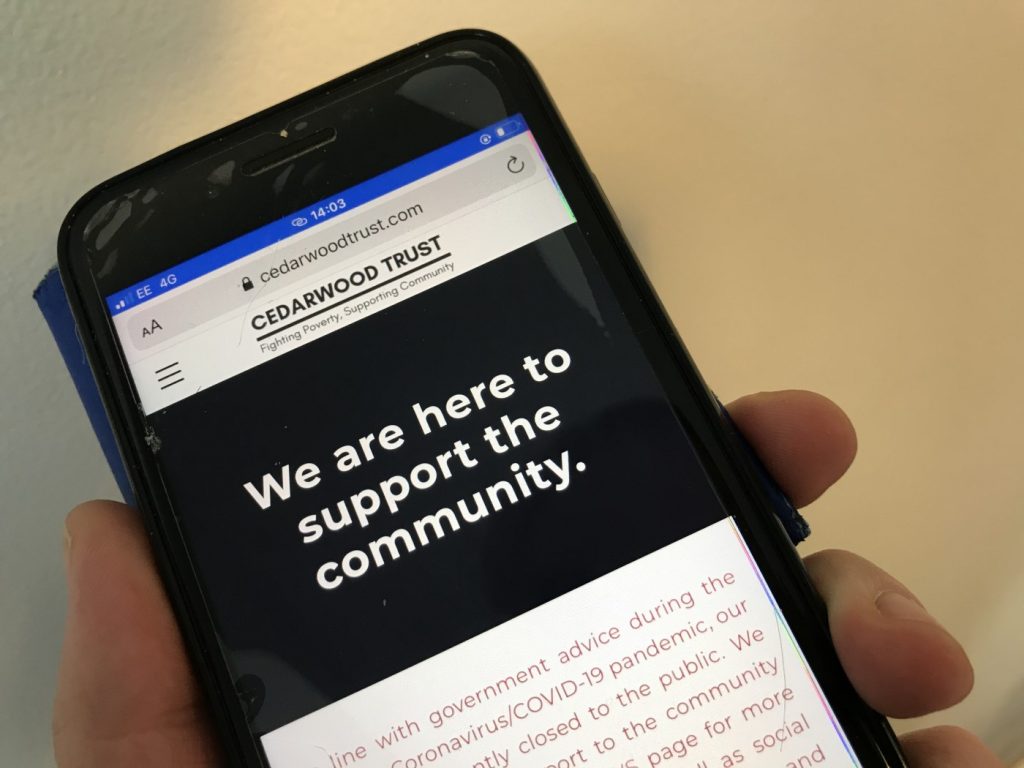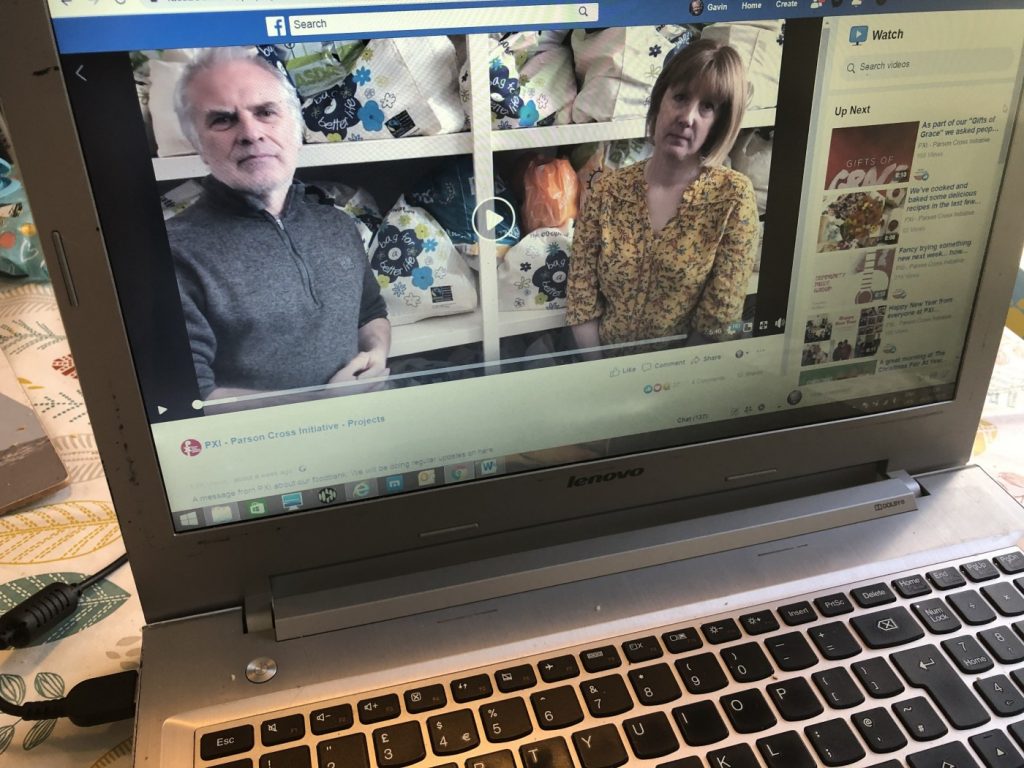New pantry friendship scheme to avert food shortages for thousands
8 April 2020
Thousands of people could be protected from food shortages during the coronavirus crisis, after the launch of a friendship project was fast-tracked
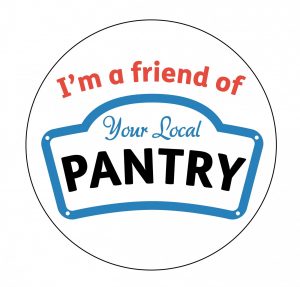
The Friends of Your Local Pantry scheme will raise cash from individuals and businesses, to ensure food provision for neighbours at risk of severe poverty.
The Your Local Pantry network has 14 member run food clubs around the UK, providing members with regular access to supermarket food at greatly reduced prices. The pantries pre-empt hunger and loosening the grip of poverty, freeing up more income for other costs and essential bills.
In March, the number of visits to the pantries passed 1,000 in a month for the first time, but the coronavirus crisis has threatened supply chains and organisers anticipate increased need over the coming months.
Today, the project is launching its Friends of Your Local Pantry scheme so that through one-off or monthly donations, supporters can prevent pantries from running low on staple foods, ensuring members can stay afloat in tough times.
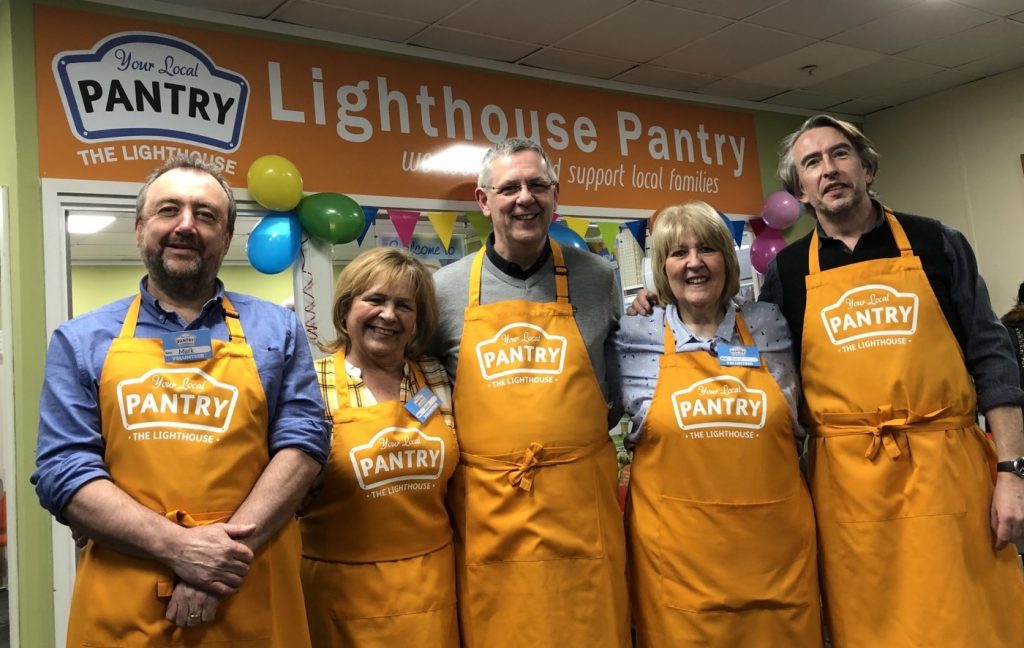
Pantries offer fresh and chilled food, as well as frozen, long-life and tinned goods. Members can routinely choose what they put in their basket, typically being able to access around £20 of food for just £3 or £4 a week. Nationally, pantries have 1,400 members and provide for 3,600 adults and children, with pantries in Greater Manchester, London, the West Midlands, Cardiff, Preston, Stoke-on-Trent and Liverpool.
Church Action on Poverty runs the national network, following the success of a local scheme developed by Stockport Homes in 2014. Pantries source food from Fareshare and local suppliers, and members pay a weekly subscription, which allows them to access a set number of heavily-discounted items each week.
Gillian Oliver, pantry project worker at Church Action on Poverty, said: “The coronavirus crisis has caused sudden hardship and natural fear for people across the country. We know it will mean many more parents losing work, children potentially going hungry, and people worrying about food security. For that reason, we have brought forward the launch of our friendship scheme, so our supporters and the wider public can act now to prevent hunger.”
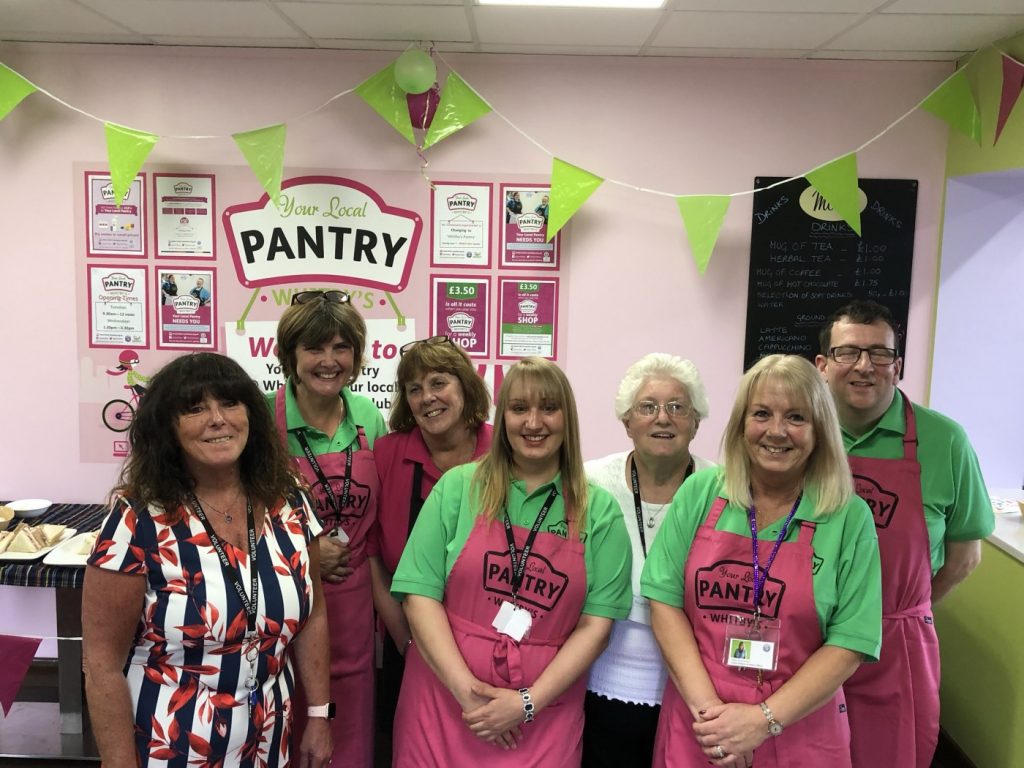
Pantries are a proven solution across the country, preventing thousands of people from being swept deeper into poverty. People have already been phoning us asking how they can donate, and the friends scheme allows us to respond to that compassion in the best way. Signing up could not be easier – all the details are at www.yourlocalpantry.co.uk/friend
Some pantries have already adapted since the coronavirus lockdown began. The pantry in Peckham has had to move to another room to enable safe distancing, but has also reduced its fee and the food it can provide, due to supply interruptions. The pantry in Smethwick had to relocate when the library where it was based closed.
Individuals and businesses are being asked to sign up to the friends scheme. They will be able to select a single pantry to receive 75% of their donation, with the rest used equally across the whole network, or they can donate to the central fund.
All donors will be acknowledged in Your Local Pantry communications or events, and the largest business supporters will be supported to include the work in their corporate social responsibility portfolio. Businesses pledging £50 a month of more can attend and contribute to the Your Local Pantry AGM and can request a talk to their business from the leader of their local project.
Notes to editors
- Please email gillian@church-poverty.org.uk or gavin@church-poverty.org.uk with any queries.
- For more information on Your Local Pantry, visit yourlocalpantry.co.uk and for an impact report demonstrating the success and impact of the project, visit https://www.yourlocalpantry.co.uk/about-us/our-social-impact-report/
- Further photos from Your Local Pantries around the country are available on request. email gavin@church-poverty.org.uk
In a queue, and newly homeless, I realised: this is where change begins
In a queue, and newly homeless, I realised: this is where change begins
Invisible Divides
The compassion in these neighbourhood pantries is fantastic!
Making the Economy work for Everyone
SPARK newsletter summer 2022
What is the Right To Food?
Hope story: a united stand against hunger
How we ensure struggles are not ignored
What does the cost of living crisis mean for people in poverty?
You can help out today...
Lorem ipsum dolor sit amet, consectetur adipiscing elit, sed do eiusmod tempor incididunt ut labore et dolore magna aliqua. Ut enim ad minim veniam, quis nostrud exercitation ullamco laboris nisi ut aliquip ex ea.

